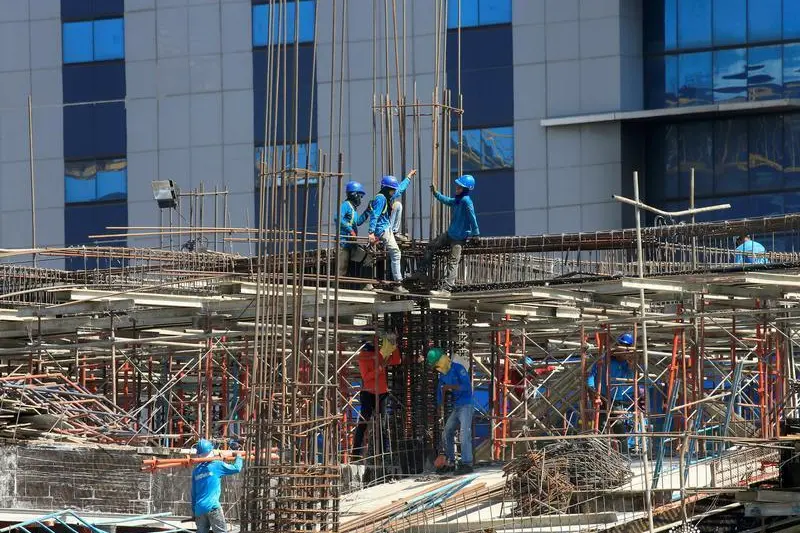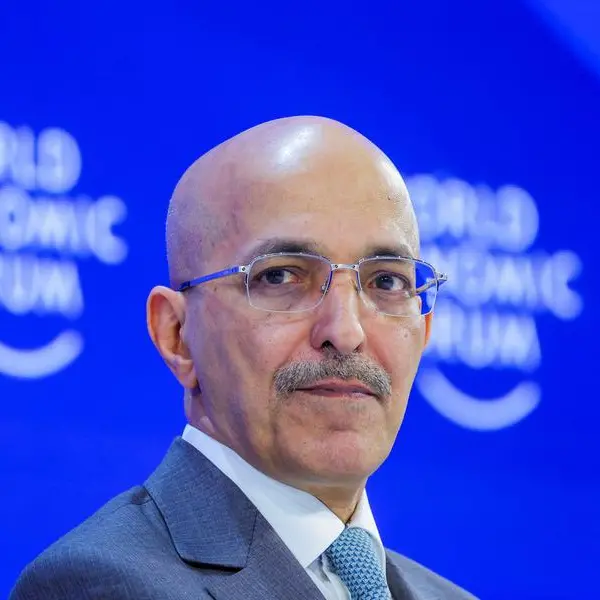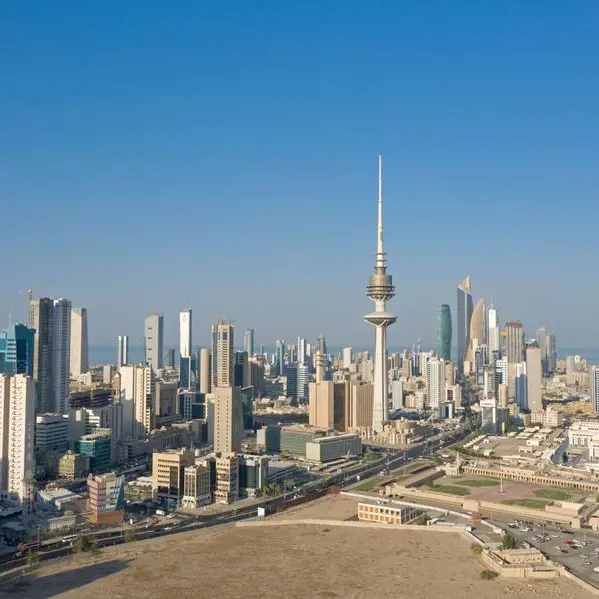PHOTO
MANILA - The Philippine economy shrank more than expected in the first quarter, though sequential momentum showed a recovery was underway and suggested the central bank will keep rates at a record low at this week's policy review to support the revival.
Gross domestic product fell 4.2% in the March quarter from a year earlier, the statistics agency said on Tuesday, worse than the median estimate of a 3.0% contraction in a Reuters poll, but an improvement from the 8.3% slump in the previous quarter.
The economy also improved on a sequential basis, with output rising 0.3% from the previous three months on seasonally adjusted terms to mark its third straight quarter-on-quarter growth.
While domestic demand remained sluggish amid pandemic-induced lockdowns, household consumption posted the smallest contraction in four quarters at 4.8%, while government spending grew 16.1%, the fastest in the last three quarters.
"The country's strong economic position before the pandemic and improving economic data in recent months point to an economy that is on the mend," Economic Planning Secretary Karl Chua said at a briefing.
That bolsters government expectations that the economy will begin to recover in the second quarter, he said. The government has set a growth target of 6.5%-7.5% for this year and 8%-10% for next year.
"BSP Governor (Bejamin) Diokno has signalled his preference to keep monetary support for as long as the economy is in recovery mode and we continue to price in a steady policy rate for the balance of 2021," said ING senior economist Nicholas Mapa.
The central bank is widely expected to keep its benchmark interest rate unchanged at a record low of 2.0% on Wednesday for a fourth consecutive meeting.
Some economists even expect the BSP to stand pat for the rest of 2021, despite inflation having breached its 2%-4% target band mainly due to tight pork supply.
A safe reopening of the economy, implementation of recovery measures and acceleration of vaccine rollout will underpin growth beginning this year, Chua said.
The Southeast Asian country is battling one of Asia's worst coronavirus outbreaks with more than a million cases recorded and more than 18,000 deaths.
A new surge in infections starting in March had prompted the reimposition of stricter mobility curbs, but daily new cases have gone down from a peak.
"Once the present spike is over, we can implement quarantine relaxations in a phased approach to boost our recovery this year," Chua said.
(Reporting by Neil Jerome Morales, Karen Lema and Enrico Dela Cruz; Editing by Himani Sarkar & Shri Navaratnam) ((enrico.delacruz@tr.com))





















